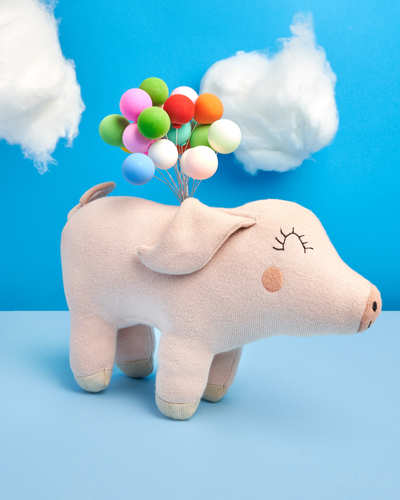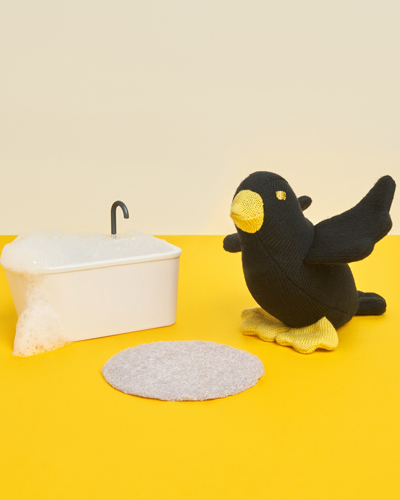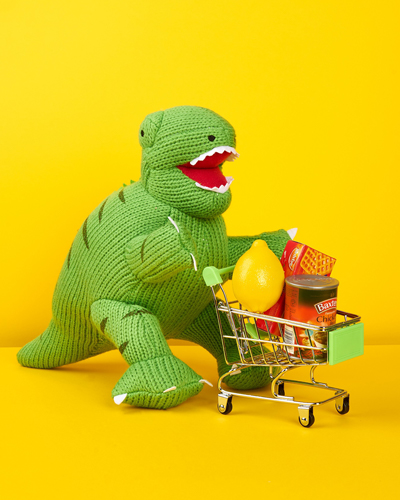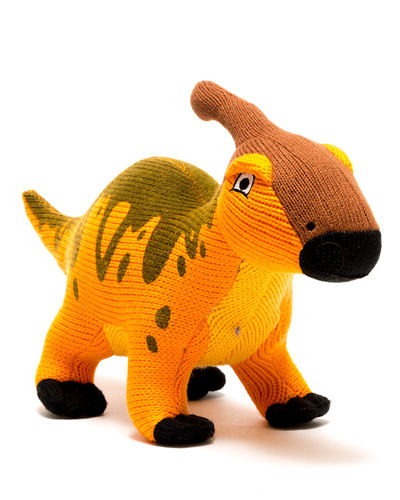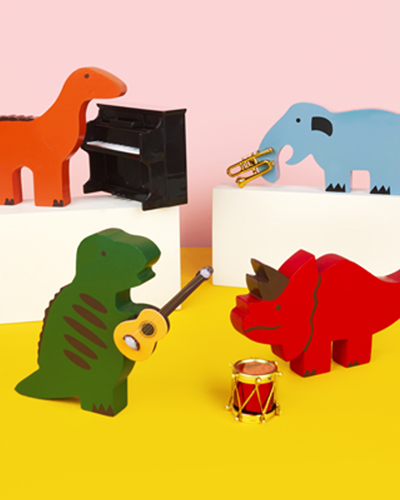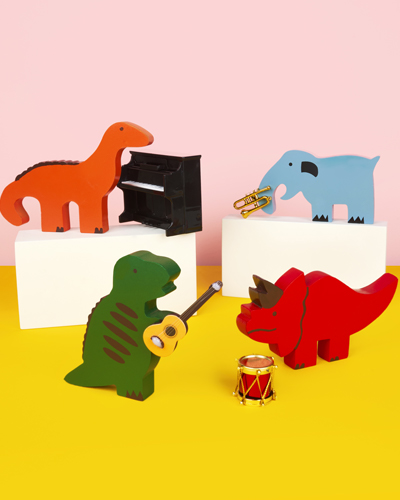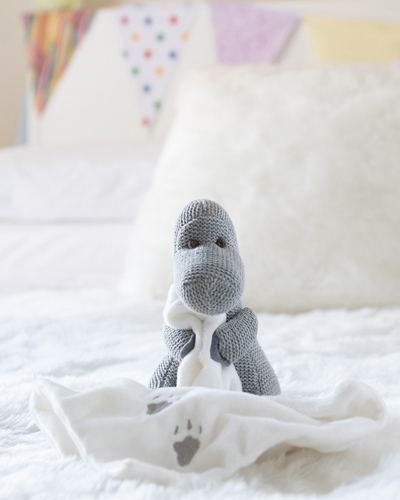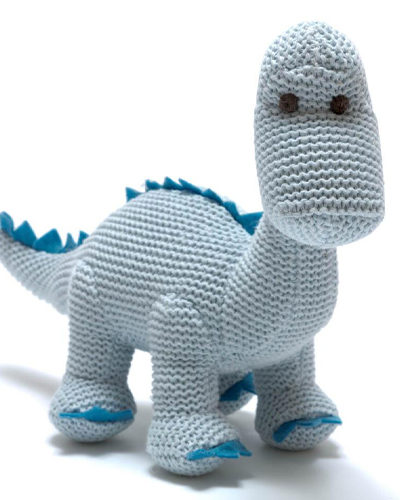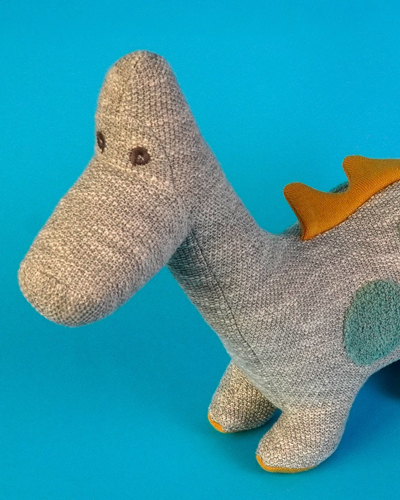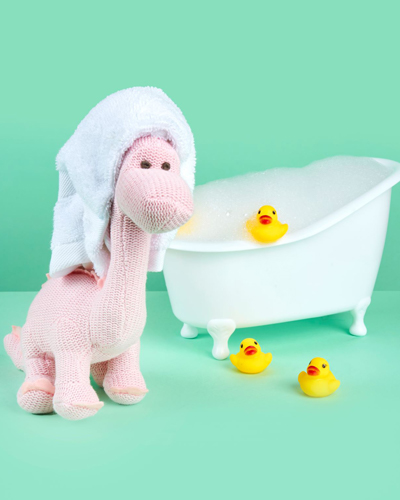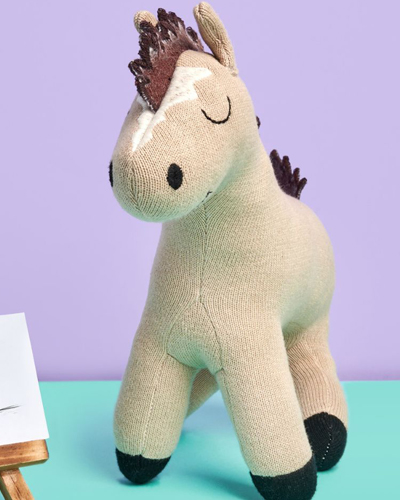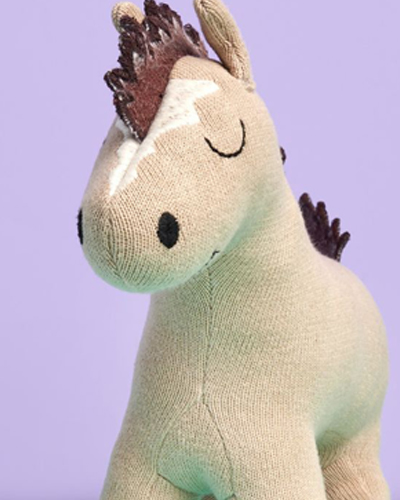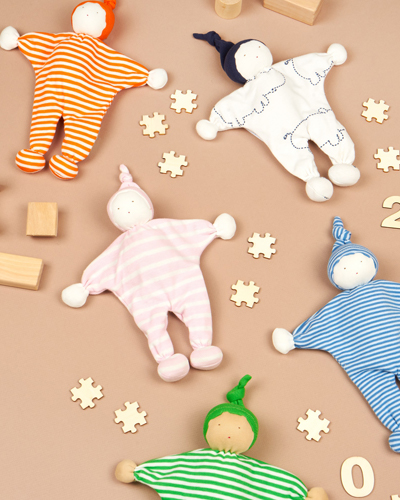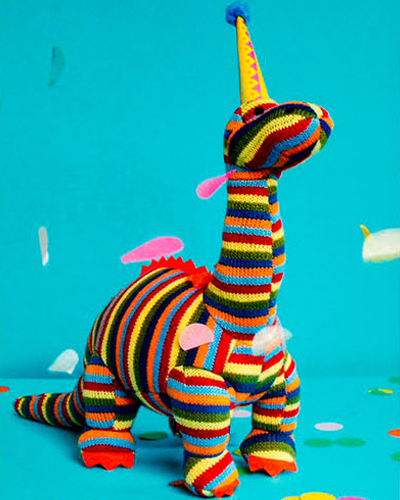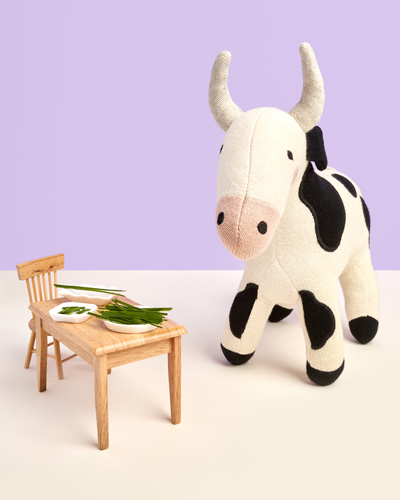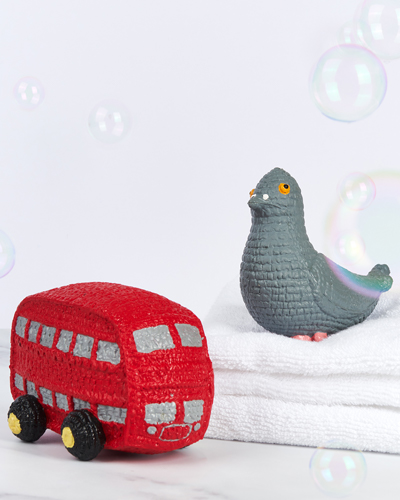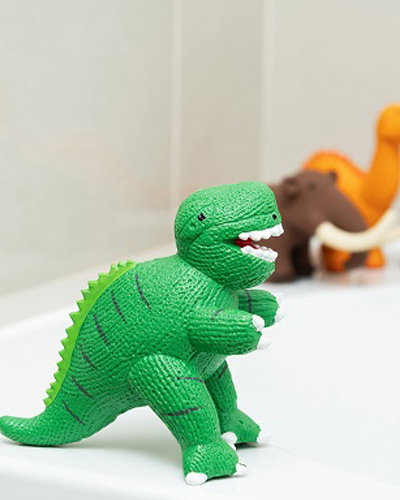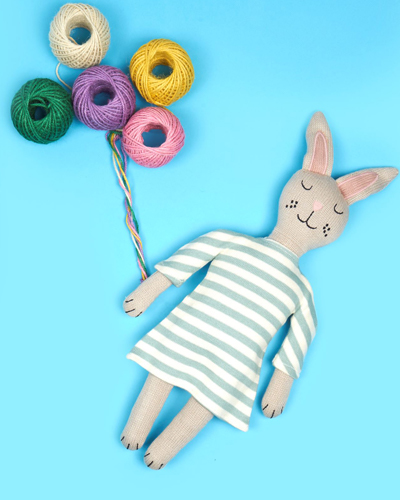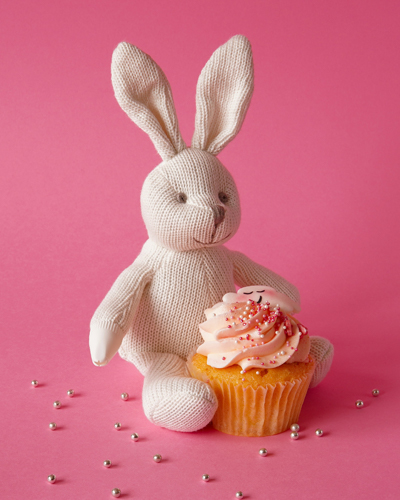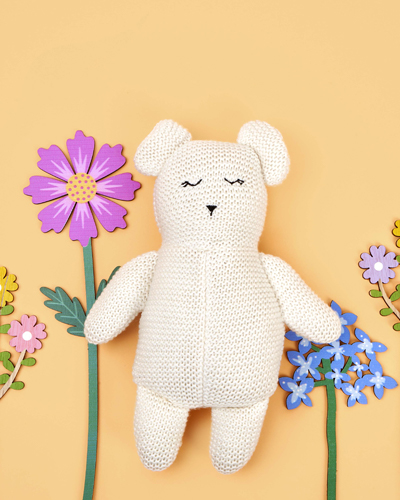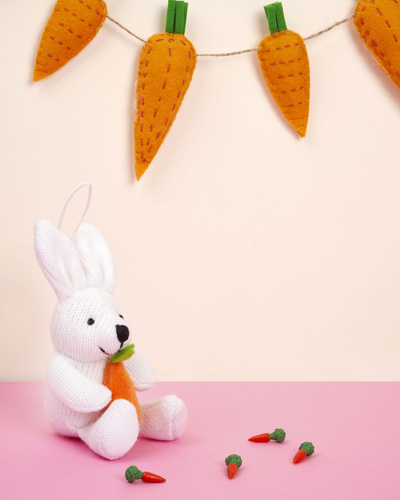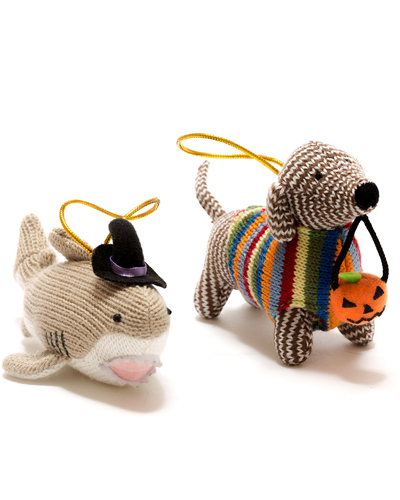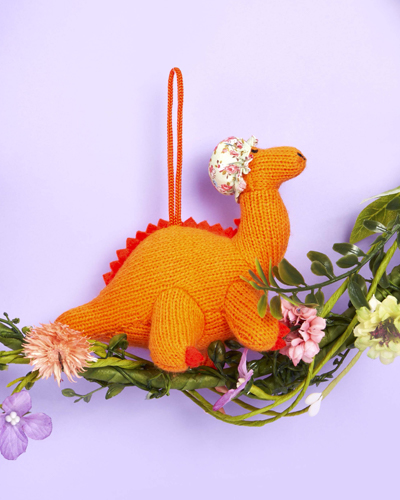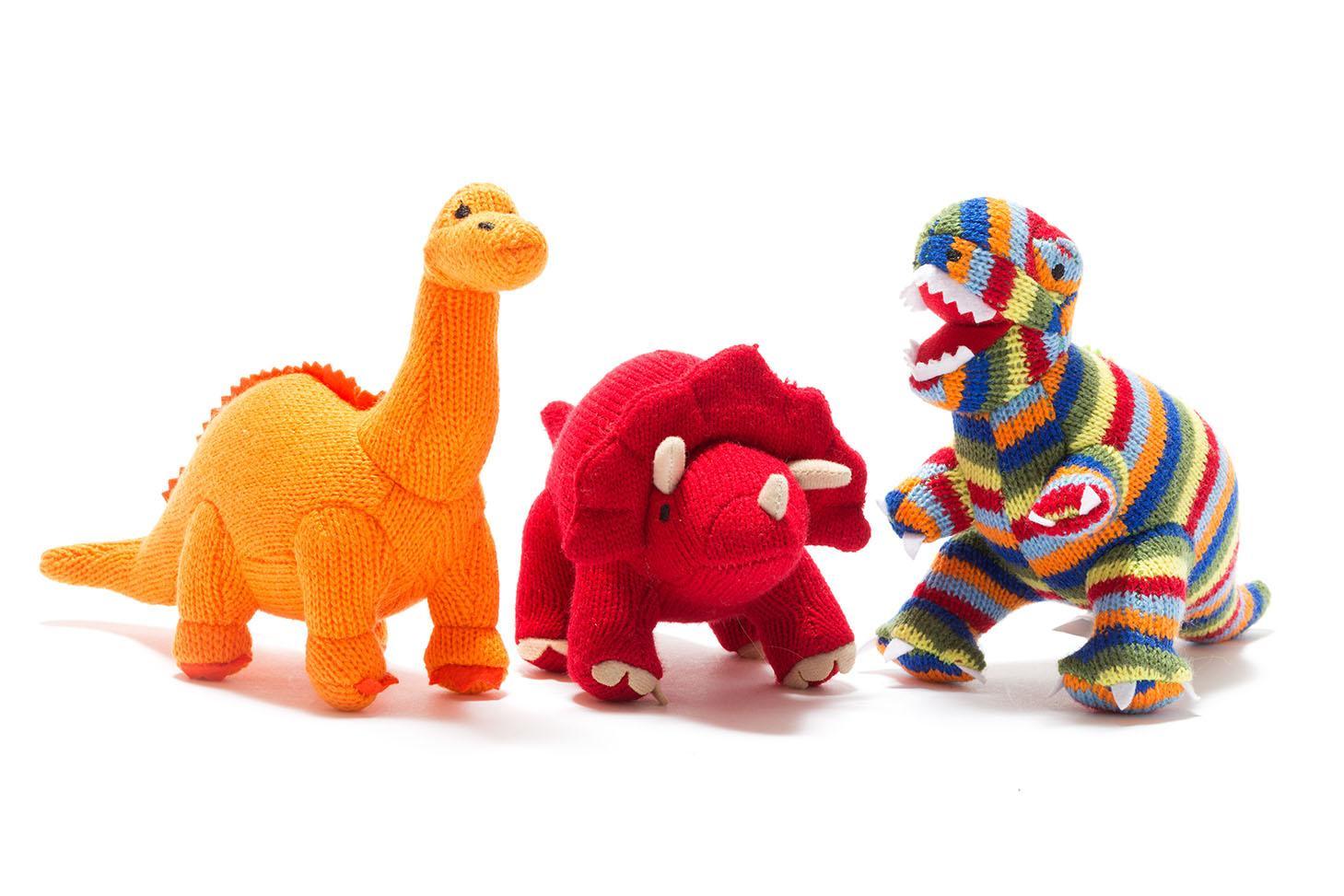You have no items in your shopping cart.

As a toy wholesaler about 50% of the products we sell are fair trade so we were sad to read recently that sales of Fair trade products have slipped for the first time in 20 years.
I have to qualify this statement as its actually sales of Fairtrade Foundation products which have slipped, (these are the ones badged with the distinctive green/blue logo) which does not cover everyone. It doesn't cover us for instance as they don't really represent manufactured goods and processes. So its quite feasible that overall sales of all fair trade products have actually increased. We exhibit at a lot of trade shows and meet many fair trade companies who do not work with the Fair Trade Foundation so we know that there are a lot of products outside of their stable.
However although the headline sales reduction was a bit dismal what really made me sad were the comments left underneath the newspaper articles.
Many people seemed to think that Fair trade was just a huge scam to charge more for products. As proof they pointed to various internet articles including an article published in Forbes by a gentleman called Tim Worstall which says that the money raised by Fair trade was actually not going to the farmers "there’s an awful lot of Sebastians and Jocastas being employed on western world middle class wages to run these schemes. And that’s where the money is going."
The most common comments were that Fair trade was "a huge marketing ploy", "means nothing", "just an excuse to charge more".
Well, hang on a tick. I'm no expert but I have been to see Pebble in Bangladesh and it didn't look like a marketing ploy to me. It looked like an organisation which provides fairly paid work in areas where previously there has been none. It is also a company which has been audited to the very last inch by a variety of organisations from across the globe.
The cynicism about fair trade is really unhelpful, and whereas no one is perfect I am pretty sure that the abuses in normal supply chains are significantly worse than those ever encountered in fair trade companies.
Coincidently I went to see 2 journalists speak about their work embedded with the USA army and police force. The things they had seen and experienced were beyond most of our comprehension so inevitably they were asked how they managed to cope emotionally. They had not met before the day but both had the same answer. They coped because they felt it was so important to get the story out that everything else became secondary to them. Once they knew that people had heard and seen what was happening it was like an emotional poultice.
So perhaps this is what we need to be doing? We are very privileged to have seen and heard the Pebble ladies so perhaps we should be shouting out about what we have seen? I often get challenged in social situations about the benefits of fair trade and nothing shuts people up quicker than first hand experience so perhaps we should be extending this beyond face to face communication.
And all the other fair trade wholesalers who travel so extensively to meet their producers should join in with us to spread their knowledge. One lady we know sleeps at the factory when she visits, which she describes as about as uncomfortable as it sounds. Does that sound like she is a Jocasta soaking up the money from fair trade enterprises?
Perhaps if people were to hear stories from individuals and small companies rather than from a large, slick organisation they may believe more in the benefits of fair trade?
What do you think? Do your customers value fair trade? Can we do more to spread the message? Please comment on our Facebook page.


